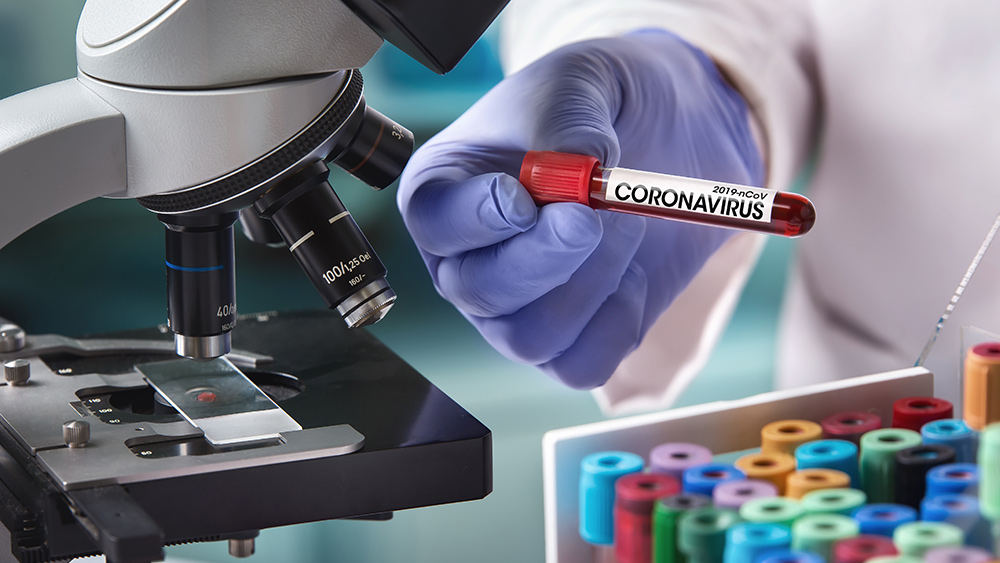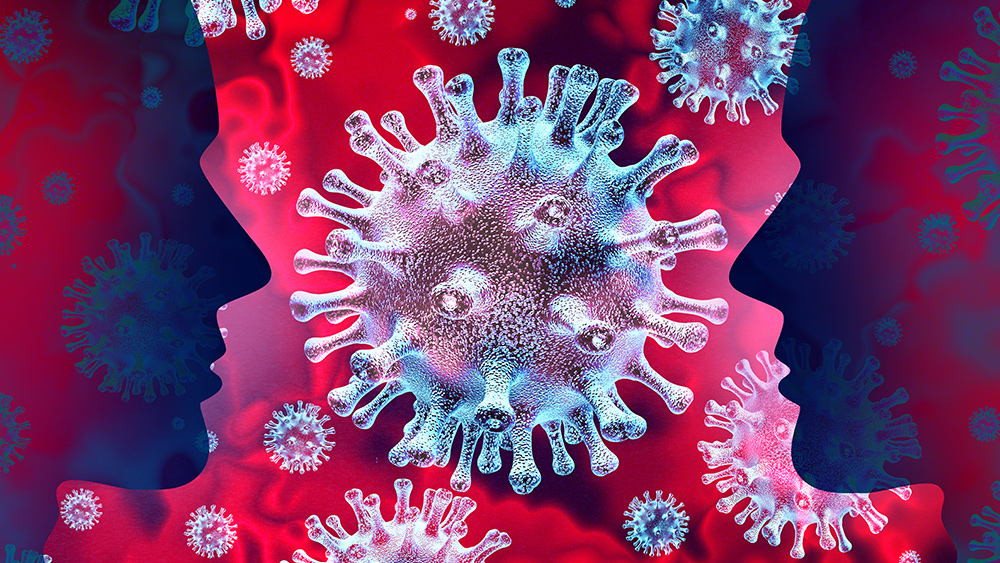Shaking in your (workout) shoes: Here’s why your muscles shake when you’re working out
01/30/2020 / By Darnel Fernandez

It can’t be stressed enough that physical activity, be it mundane walking or an intense workout session, is vital for improving overall health. Regular exercise can bring a wide variety of health benefits, including improved mood, reduced risk of heart disease, increased energy levels and weight loss. But as you exercise, you may notice that your muscles start shaking every now and then, especially after a long, strenuous workout. What exactly is this muscle shaking and should this be a cause for alarm?
Shake, rattle and roll
Exercise-related muscle shaking can happen to almost anyone, regardless of your fitness level, age or even gender. This shaking can be caused by a variety of factors, so taking note of how your body responds to a particular exercise, especially if you’re new to working out, can help you stay in tune with your physical fitness and make adjustments whenever you can.
One of the main culprits of this exercise-related shaking is fatigue. According to Lauren Kanski, a personal trainer certified by the National Academy of Sports Medicine, this shaking indicates that your muscles are tired or are low on blood glucose. (Related: Achieving muscle fatigue, not lifting heavy weights, key to building healthy muscle.)
“This is the same concept as the blood and muscle glucose availability,” said Kanski. “Working out fed versus fasted can make a huge difference in glycogen depletion. With regard to muscle fatigue, some muscle fibers fatigue faster than others, which cause irregular contractions, or shaking.”
When muscles start shaking, they are challenged more, so they start a process of contracting and releasing at an intensified pace. This process is normal and should not be a cause for alarm, as long as you practice moderation and won’t push your body too far. Once you start hitting the shaking threshold, that is a good sign to call it a day before things get worse.
Muscle endurance also plays a part in this muscle-shaking phenomenon. If your muscles have not recuperated from a previous workout, they will be forced to work much harder than usual to keep up with your routine. Muscle shaking can also signify dehydration – when body fluids get low, the connective tissue has trouble doing its job. This can disrupt transmitting signals from the brain to the muscle fibers and cause rapid shaking.
All in all, exercise-related muscle shakiness is not exactly a bad thing. Kanski noted that the idea behind any form of strength training is damaging your own tissues so that your body regenerates new, stronger and more durable tissue. For some people, this muscle shaking can be considered a badge of honor for successfully performing an intense workout. However, there is currently no solid evidence that supports the idea that you should power through this shaking and keep working out. Again, once the shaking starts, it is wise to listen to your body and end the workout before any serious damage happens.
Improving muscle health
The road to a fit body and optimal muscular health isn’t restricted to just working out. Supplement your exercise sessions with a diet consisting of these muscle-boosting superfoods:
- Quinoa. This grain crop is one of the healthiest protein sources around, boasting all nine essential amino acids. People with gluten intolerance may enjoy quinoa a lot more as it is naturally gluten-free. Quinoa is also easily digestible and high in fiber, which can both contribute to improving gut health.
- Fish. Eating fatty fish like tuna and salmon, can help you build up your muscles. Not only are they a rich source of protein and low in fat, but they are also chock-full of healthy omega-3 fatty acids, which are known to assist in fat loss and aid in proper bodily function.
- Chicken breasts. This staple food is a fantastic source of lean protein, which is an important nutrient for muscle health. Lean protein is needed for muscle maintenance and repair, bone health and even weight maintenance.
Learn more about the effects of exercise to your body at Slender.news.
Sources include:
Tagged Under: endurance, exercise, fatigue, fightobesity, fitness, low blood glycogen, muscle health, muscles, Naturopathy, slender, working out



















